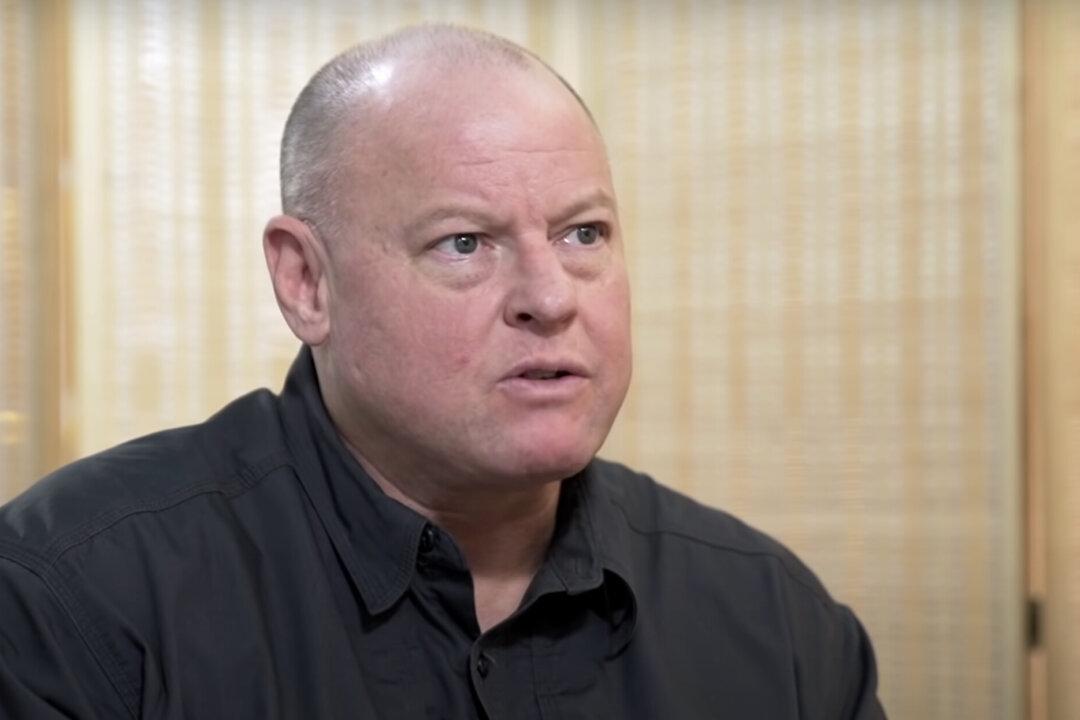The livelihoods of Dutch farmers are under attack due to the Dutch government’s proposed nitrogen policy, which could necessitate the mass slaughter of livestock and potentially shut down almost a third of the country’s farms.
If this policy is implemented, it will have “major security consequences, not just for the Netherlands, but for all of Europe and the world,” said Michael Yon, a war correspondent who has recently arrived in the Netherlands to report on the ground from the Dutch farmers’ protests.






